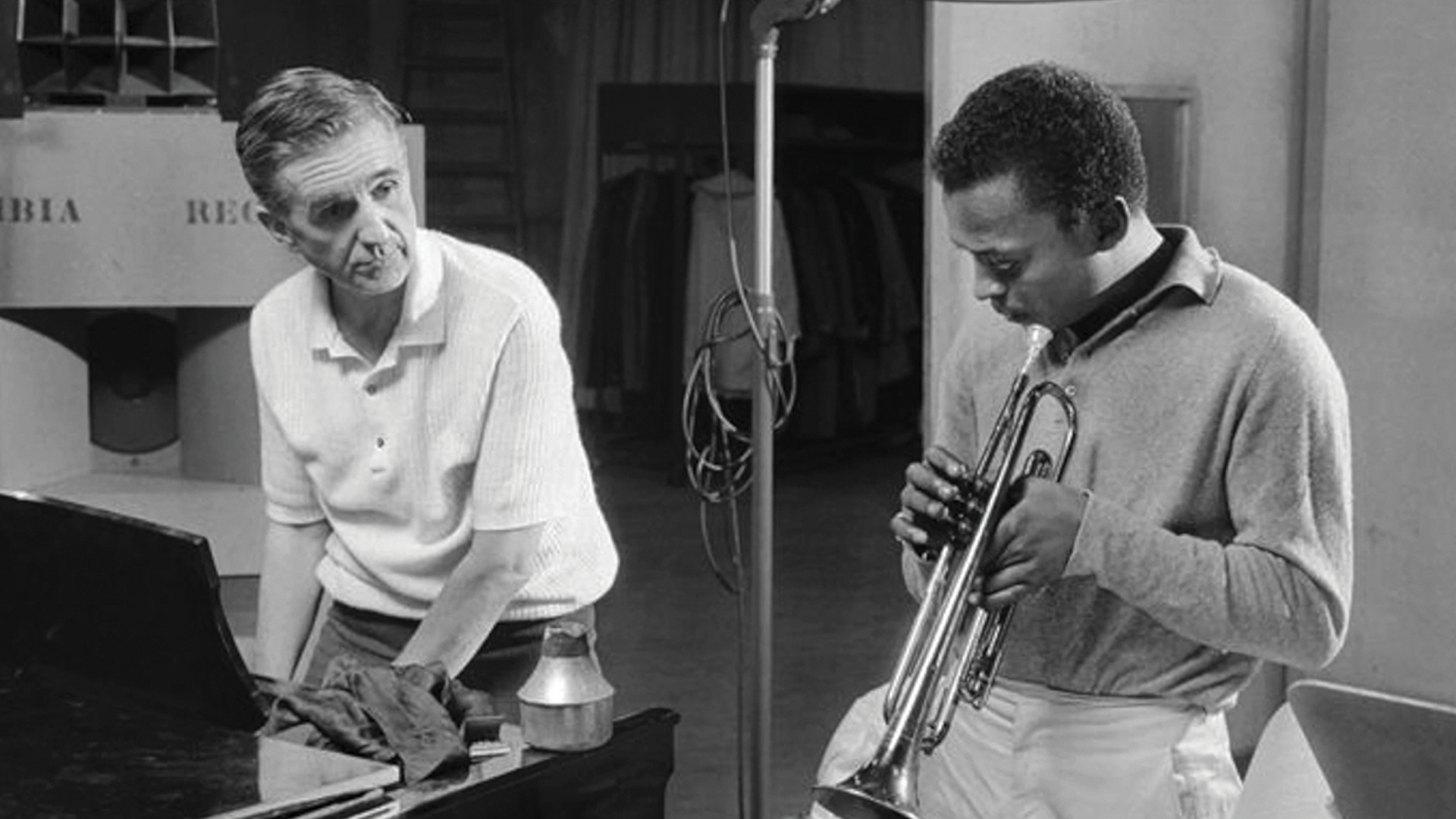Body and Soul: An American Bridge

Full Description
When it comes to soulful jazz, “Body and Soul” is the pinnacle, the most recorded jazz tune ever. It became one of Billie Holiday’s signatures, a torch song that encapsulated the suffering of a Black woman who had been wronged in life and love in numberless ways. Surely, we might conclude, this plaint must have been composed by an African American. But no, it was composed by Johnny Green, a Jew who grew up in a non-observant home. He was not from an immigrant family, not poor, but he was in tune with the feelings of the downtrodden. Filmmaker Robert Philipson uses the example of Green’s “Body and Soul” to make a larger case: Jews and Blacks found a “bridge” between their cultures through song. Many African Americans took the story of Jews in bondage in Egypt as a metaphor for their own travails. “Jews get suffering into their music,” Philipson says. And for decades, the American songbook, which, as he points out, was 80 percent composed by Jews, provided the melodic underpinning for Black jazz: the music of George and Ira Gershwin, Jerome Kern, Richard Rodgers. From the first charting of “Body and Soul” by Louis Armstrong in 1932 to John Coltrane’s “My Favorite Things” in the 1960s, the journey across the “bridge” was an inspired collaboration. —Miguel Pendás
Guests Expected
Director Robert Philipson in Palo Alto and San Francisco. Castro screening followed by a live jazz performance by The Marcus Shelby Quartet.
preceded by Bagels in the Blood
Body and Soul: An American Bridge
Live Jazz Performance
 The Castro screening of Body and Soul is followed by a live performance by The Marcus Shelby Quartet. Marcus Shelby is a bandleader, composer, arranger, bassist, educator and activist based in San Francisco. A collaborator of Anna Deavere Smith (Notes from the Field: Doing Time in Education), Shelby is currently an artist in residence with the Yerba Buena Gardens Festival.
The Castro screening of Body and Soul is followed by a live performance by The Marcus Shelby Quartet. Marcus Shelby is a bandleader, composer, arranger, bassist, educator and activist based in San Francisco. A collaborator of Anna Deavere Smith (Notes from the Field: Doing Time in Education), Shelby is currently an artist in residence with the Yerba Buena Gardens Festival.
